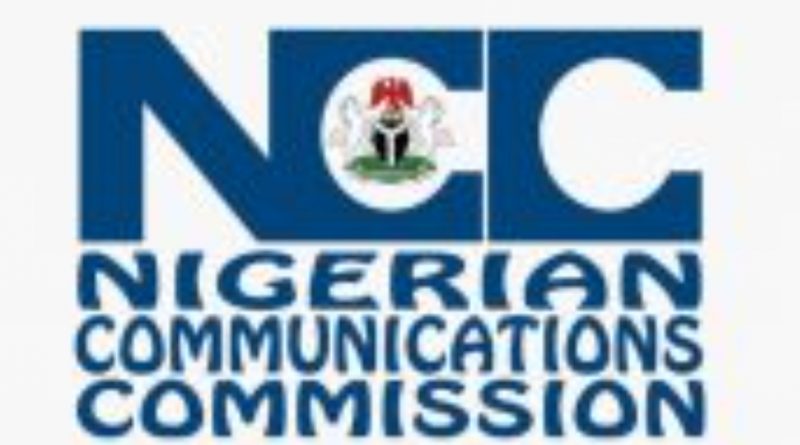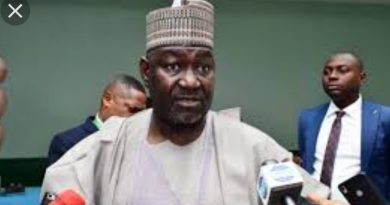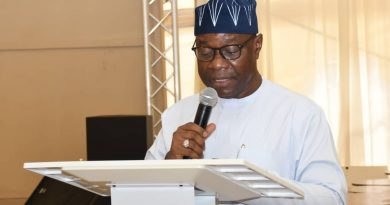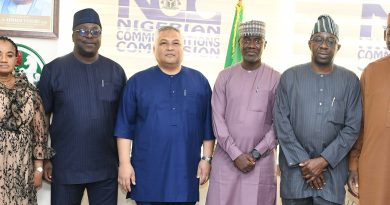NCC needs N700bn to fill gap in access to Telecom
Oru Leonard
The Nigerian Communication Commission will need a whopping sum of N700 billion to fill the gap in access to telecommunication services in the country, NewsSpecng learnt.
NCC Executive Vice-Chairman, Prof. Umar Danbatta disclosed this when he appeared before the House of Representatives Committee.
The House of Representatives is probing the commission over the alleged failure to provide mobile telecommunication networks in rural and underserved areas.
Danbatta said as of 2013, there were 207 clusters of access gaps that affected 37 million people in Nigeria.
He however said that progress had been made in reducing the clusters in rural, unserved, and underserved areas of the country.
He explained that the number of Nigerians in the clusters had reduced from 37 million to 31 million in 2019.
He said that the NCC’s estimation of N700 billion to bridge the gap in access to telecommunication services is a significant amount that requires a multi-stakeholder approach to address.
He further said tt is a call to action for the government, private sector, and development partners to work together to mobilize resources and deploy innovative solutions that can expand access to quality telecommunications services in rural and underserved areas.
The government, private sector, and development partners must collaborate to mobilize resources and deploy innovative solutions that can expand access to quality telecommunications services in rural and underserved areas.
The government must create an enabling environment for this plan to strive so that it can attract private sector investment in telecommunications infrastructure development in rural and underserved areas.
This can be done through policy and regulatory reforms that promote competition, investment, and innovation in the sector.
Private sector players and development partners can also play a critical role in expanding access to telecommunications services in rural and underserved areas. This can be achieved through partnerships with the government, community-based organizations, and other stakeholders to deploy innovative solutions that address the unique challenges of providing telecommunications services in rural and underserved areas.
Development partners on the other hand can support the government and private sector in mobilizing resources, technical assistance, and capacity building to address the digital divide in the country.
This can be done through the provision of grants, concessional loans, and technical assistance to support the deployment of innovative solutions that can expand access to telecommunications services in rural and underserved areas.
To achieve success in the telecommunication Space, there must be synergy between and among the stakeholders of the sector.
(News Spec NG)




